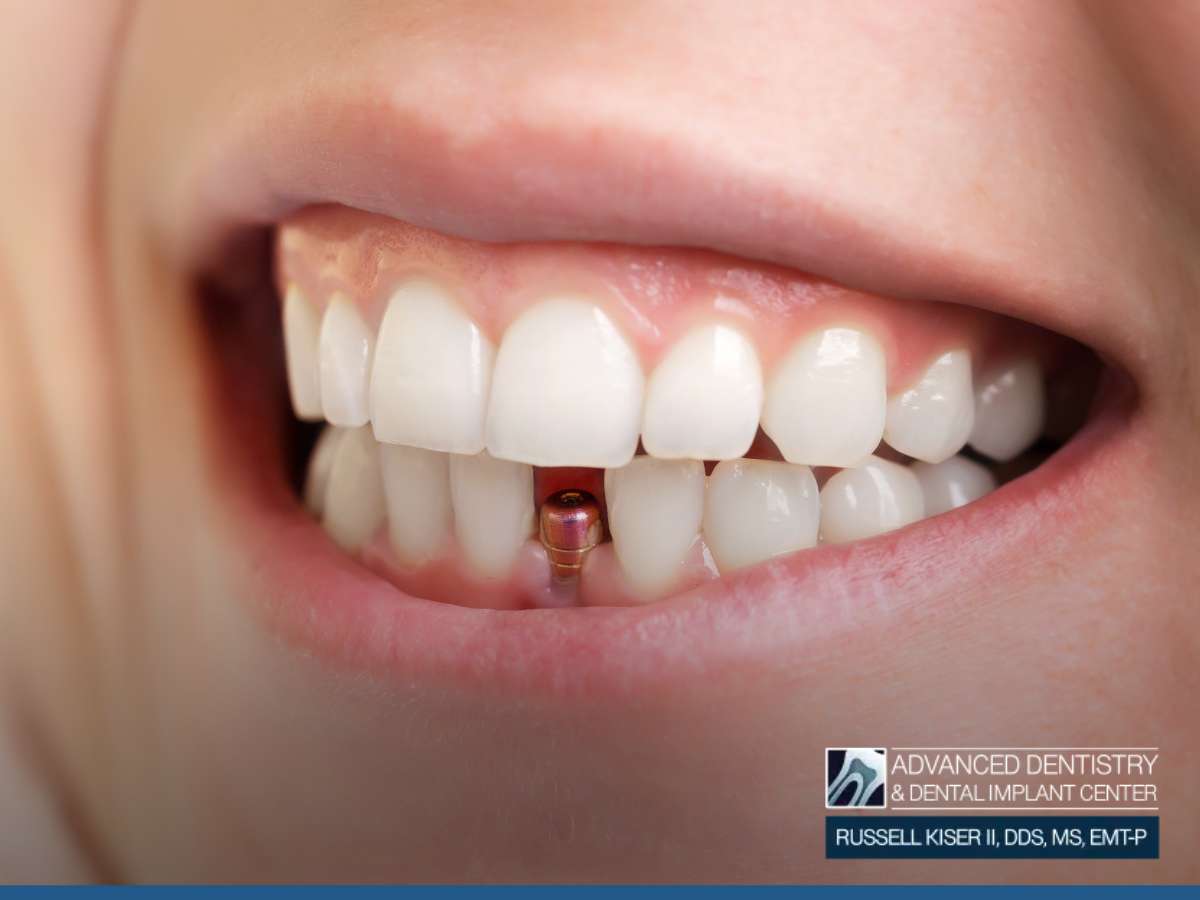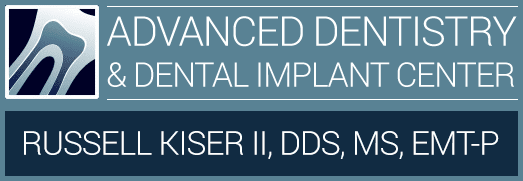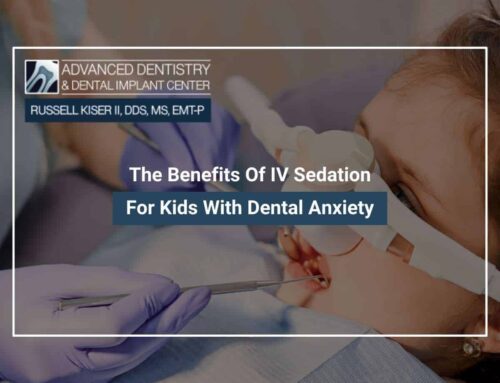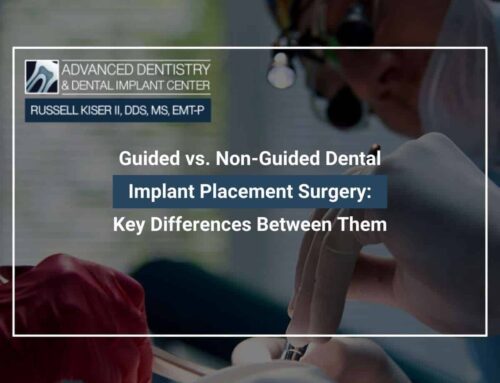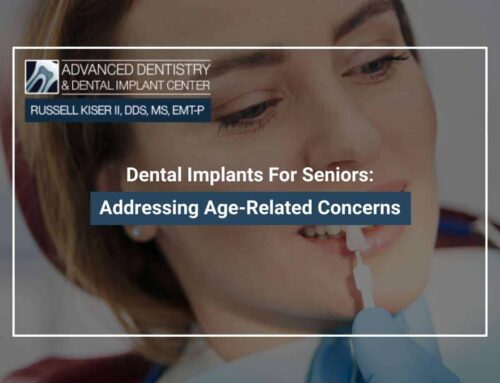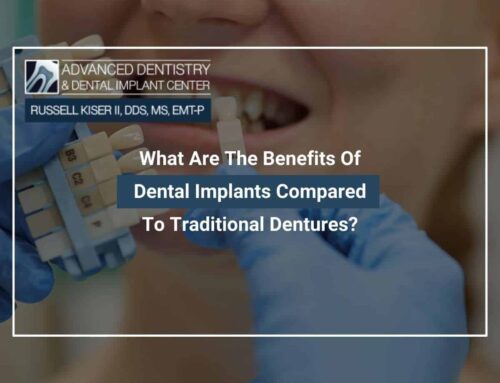Zygomatic Implants May Be An Option For Those With Extensive Jawbone Loss
Zygomatic implants have emerged as a revolutionary solution for individuals facing severe bone loss in their jawbones. This innovative approach to dental implantology offers hope and practicality for patients who were previously deemed ineligible for traditional implants due to insufficient bone density.
Understanding Zygomatic Implants: What Are They?
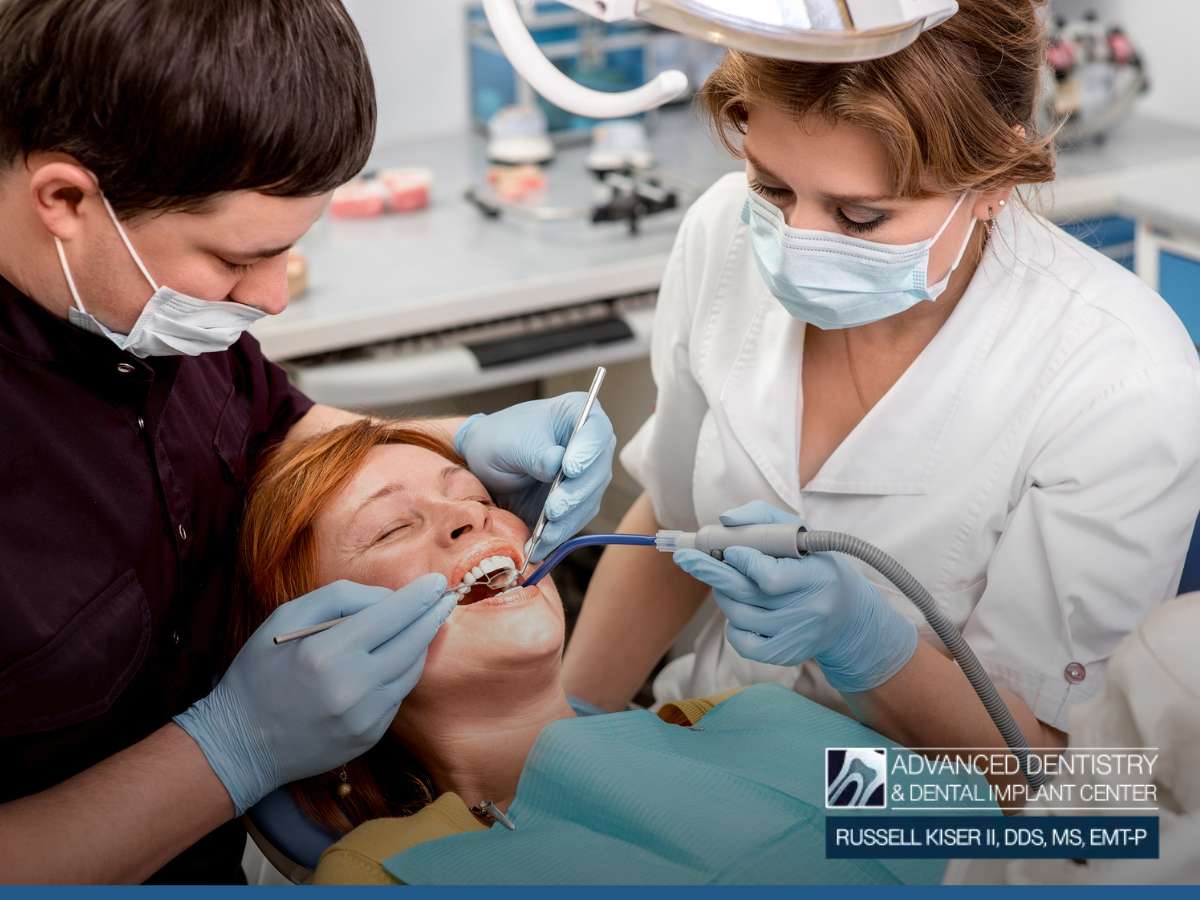 Zygomatic Implants represent an alternative approach to traditional dental implants, particularly beneficial for posterior regions of the upper jaw characterized by inadequate bone volume where teeth were once present or congenitally absent. Unlike conventional implants that rely on jawbone anchorage near the teeth, zygomatic implants are strategically angled to engage the denser zygoma bone in the upper jaw, providing robust support even in areas with deficient bone density.
Zygomatic Implants represent an alternative approach to traditional dental implants, particularly beneficial for posterior regions of the upper jaw characterized by inadequate bone volume where teeth were once present or congenitally absent. Unlike conventional implants that rely on jawbone anchorage near the teeth, zygomatic implants are strategically angled to engage the denser zygoma bone in the upper jaw, providing robust support even in areas with deficient bone density.
An inherent advantage of zygomatic implants lies in their ability to circumvent the need for time-consuming and sometimes unpredictable grafting procedures, which can extend treatment durations significantly, often ranging from six months to a year. While grafting remains a viable option in specific cases, zygomatic implants offer a preferable alternative by utilizing the patient’s natural bone instead of relying on grafted bone, which may exhibit lesser structural integrity compared to native bone tissue.
The restorative process with zygomatic implants mirrors that of traditional implants, offering flexibility in prosthetic choices. Patients can opt for removable prostheses that securely snap onto the implants, enhancing retention without covering the palate. Alternatively, fixed prostheses can be affixed to the implants, providing a non-removable solution that promotes stability and functionality.
Treatment involving zygomatic implants is executed by a multidisciplinary team of specialists, including Prosthodontists, Oral and Maxillofacial Surgeons, Certified Dental Laboratory Technicians, and, if required, Anesthesiologists. This collaborative approach ensures efficient and comfortable treatment delivery, often culminating in same-day implant-supported teeth, providing patients with enhanced dental functionality and aesthetics.
Three Primary Causes of Severe Bone Loss In The Upper Jaw
Severe bone loss in the upper jaw often renders patients ineligible for tooth replacement using traditional dental implants, leaving them reliant on unstable upper dentures that impede eating, speaking, and smiling confidently. Zygomatic implants offer a transformative solution by providing natural-looking and functional teeth, even in cases of extensive bone loss. Understanding the three primary causes of severe bone loss in the upper jaw is crucial:
- Congenital Abnormalities: Congenital conditions, where either teeth are not formed or the upper jaw fails to develop properly, contribute significantly to severe bone loss scenarios. Anodontia, characterized by the absence of teeth during development, can lead to severely deficient upper jaws, making traditional implant placement challenging or impossible. In such cases, alternative implant approaches, such as zygomatic implants, become essential for restoring functional and aesthetically pleasing teeth.
- Prolonged Tooth Loss: Long-term absence of teeth, whether due to congenital factors or acquired over time, accelerates bone resorption in the upper jaw. The absence of teeth diminishes the stimulus required for bone maintenance, leading to gradual bone loss. Although bone grafting procedures can restore lost bone, they are costly, time-intensive, and exhibit long-term unpredictability. Zygomatic implants offer a viable alternative by anchoring to robust areas of the upper jaw, independent of tooth-related bone formation.
- Extended Denture Usage: Long-term denture wear exacerbates bone loss in the upper jaw due to a combination of natural bone reduction and the potential trauma caused by denture pressure on underlying bone structures. This continuous bone resorption, coupled with denture-induced forces, compromises the availability of adequate bone for traditional implants. Zygomatic implants emerge as a favorable solution for individuals seeking natural-looking, permanent, and fixed teeth, circumventing the limitations posed by extensive bone loss and denture use.
Evaluating The Suitability Of Zygomatic Implants For Patients With Bone Loss
Severe Bone Loss Challenges
Patients with significant bone loss in their jawbones often face challenges with traditional implants. Insufficient bone density can lead to implant failure or the need for bone grafting procedures, which may not be feasible for every patient.
Advantages Of Zygomatic Implants For Bone Loss
- No Need For Bone Grafting: Zygomatic implants eliminate the need for bone grafting surgeries, making them a viable option for patients with severe bone loss.
- Immediate Loading: In many cases, zygomatic implants allow for immediate loading of dental restorations, providing patients with functional and aesthetic benefits soon after the procedure.
- Stability & Longevity: Due to their anchorage in the zygomatic bone, these implants offer exceptional stability and longevity, enhancing the overall success rate of dental implant treatments.
Patient Selection Criteria
Zygomatic implants are typically recommended for patients who:
- Have significant bone loss in the upper jaw.
- Have previously been deemed unsuitable for traditional implants due to bone density issues.
- Desire a permanent and durable solution for missing teeth.
Challenges Of Severe Bone Loss For Traditional Dental Implants
- Specialized Training: Zygomatic implant specialists undergo rigorous training and acquire specialized skills to handle complex cases involving severe bone loss. Their expertise ensures the precise placement of zygomatic implants for optimal outcomes.
- Customized Treatment Plans: Each patient’s case is unique, requiring a customized treatment plan tailored to their specific needs. Zygomatic implant specialists conduct thorough evaluations and utilize advanced imaging techniques to design personalized treatment strategies.
- Comprehensive Care: Beyond implant placement, zygomatic implant specialists provide comprehensive care throughout the treatment journey. This includes post-operative monitoring, maintenance protocols, and patient education on oral hygiene practices.
Safety Considerations & Benefits Of Zygomatic Dental Implants
Dental implants have a longstanding track record of success, bolstered by advancements in technology and surgical techniques, making them safer than ever. They remain the gold standard for replacing missing teeth due to their natural appearance, durability, and longevity.
The key advantages of dental implants include their seamless integration with natural teeth, enabling patients to resume their normal lives comfortably. Moreover, they offer long-term reliability and safety, often lasting a lifetime.
Dr. Kiser, with over 16 years of practice and ongoing training, is a distinguished AAID ABOI Board Certified Dental Implant Specialist, ensuring comprehensive expertise in implant dentistry. To arrange an appointment, please contact us at Dr. Kiser Dental today.
Advanced Dentistry & Dental Implant Center
1221 S. Trimble Road, Building A
Mansfield, OH 44907
Tel: (419) 756-2880
Email: [email protected]

